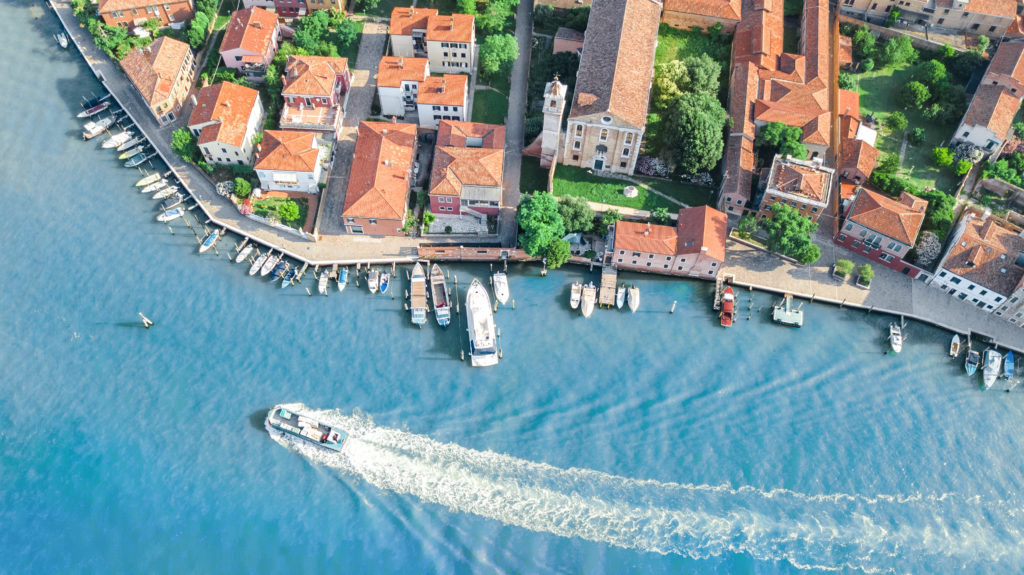Leggi la versione italiana
“The mask allows you to be something else, without being judged”: this in a few words is the philosophy of Francesca Cecamore, the protagonist of CNA Storie of February. In her workshop Kartaruga, a stone’s throw from Piazza San Marco in Venice, there is room for everyone: everyone can find the best expression of their character, their moment or their mood here. At Carnival, as well as throughout the year. Because the mask does not cover, but reveals.
Francesca has continued the ancient art of the so-called maschereri: a very old tradition rooted in Venice. The maschereri have been following all the stages of mask production for centuries: their job is to help anyone who wants to express themselves. “The mask is a sort of cultural passport: it has no time, no space, no place” he says.
“The mask is a sort of cultural passport: it has no time, no space, no place
Those who enter here cannot leave empty-handed. The clientele is diverse. There are those who buy a mask for an occasion, be it Carnival, a party or a wedding. And then there is the clientele of cinema and theater. And there’s no shortage of collaborations with other masking artisans. “Everyone has their own research, their own style and their own models, and it’s nice that there is an exchange, a fruitful collaboration.”
In 1985, the meeting with CNA: “It was my father Gabriele Franco who joined when he opened this workshop – recalls Francesca -. We are very loyal to CNA, because it is an association of people who have always followed us in a professional, but not cold, way. Always trying to safeguard the craftsmanship and constantly exploring new avenues“.
Francesca is the second generation of Cecamore masqueraders. Will there be a third? “The new generations approach everything manual with more difficulty since they are so smart. In order to get them involved, it is necessary that the craft continues to evolve, as it has been until now. I often meet young people who are seduced by this world of masks: they are mostly young people studying theater. I tell them that this profession is a great opportunity to be with themselves, in moments of study and research, and to relate to people.
Reconciling a festive occasion like Carnival with the two years of pandemic was a very difficult task. It’s hard to feel united in the celebration, when the watchword is “social distancing”. Hard, in the age of FFP2, to think of a mask revealing, rather than a barrier to defend against an external danger.
“We felt out of place,” Francesca admits bitterly. “And of course turnover plummeted due to the lack of tourists. But luckily the event was confirmed this year, albeit in a reduced form: a nice sign of a return to normalcy.”
Francesca defines herself as an apprentice for life. She learned the trade from her father: “He has magical powers, while I feel my hands are tied. Like when words fail you”. But if words are lacking, imagination has no limits, judging by the infinite number of themes and characters that fill the shelves. To each his own mask. But perhaps there is one that applies to everyone, if you look through the dozens of characters, moods and animals of all kinds: the tragicomic. That one, really, good for every occasion.
A cura di Paola Toscani














